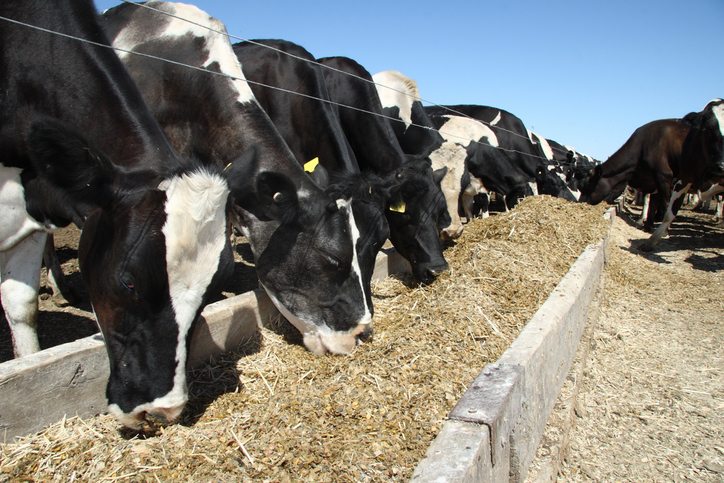
Every cattle farmer is concerned about the overall health of their livestock for good reason. There are innumerable threats to the health of a large group of animals. In particular, ruminant animals, such as cattle, are especially susceptible to the problems that arise from a poor or imbalanced diet. As a result, many cattle farmers rely on the use of cattle supplements to ensure their herds stay healthy and productive.
Like all good feed products, cattle supplements offer exceptional benefits to both farmers and cattle feed manufacturers. It’s generally accepted that cattle supplements are an essential aspect of maintaining a healthy herd of cattle. Health plays a major role in the overall value of cattle. Everything from milk production, auction value, meat quality, and birthing is impacted by diet and nutrition.
Basic Information about Cattle Supplements
Cattle supplement and feed additives are ingredients or a combination of ingredients added to the basal feed in micro quantities. Feed additives are ingredients or combination of ingredients added to the basal feed in micro quantities for the purpose of improving the rate of gain, feed efficiency or preventing and controlling diseases.
Many livestock operations use cattle supplements in one form or another, but they are especially popular with dairy farmers and beef producers. Indeed, Beef Magazine even notes that “the practicality of using commercial supplements has significant monetary value”. This is in large part because cattle supplements are extremely easy to purchase, store, and safely distribute to livestock.
Some cattle supplements come in the form of pellets. The pellets are easy to mix into the feed that the animals are accustomed to eating.
Should I Use Cattle Supplements?
Farmers and feed manufacturers in the livestock industry understand that ensuring a proper diet for animals can sometimes involve a war of wills. Why? Because while cows don’t have the ability to determine whether they’re consuming the nutrients they need, they do have tendencies to like or dislike certain feeds. Thus, it falls to the livestock manager to find ways to encourage herds to consume the nutrients they need to stay healthy.
As a general rule of thumb, feed intake of mature cattle usually follows two forms:
- Non-lactating cattle gaining about 800g daily eat dry matter equivalent to 2% of their body weight.
- Lactating cows eat dry matter equivalent to 3.2 % of their body weight.
More frequent feedings tend to result in a highly productive herds. The best cattle supplements will include flavors and other features that enhance the palatability of feed.
The necessity for cattle supplements often depends on the average age of your herd. Younger cattle tend to require help receiving the optimal amount of protein, while older livestock sometimes have difficulty consuming enough feed for optimal energy levels. Accordingly, the supplements that your cattle receive will vary depending on their needs.
Nutritional feed supplements includes enzyme supplements and organic minerals, including the following:
- Calcium
- Phosphorous
- Magnesium
- Selenium
- Vitamin A
- Vitamin D
- Vitamin E
Bear in mind that water intake directly and proportionally affects feed intake. Cattle will eat less feed if they lack access to a constant source of fresh water. Moreover, pregnant cows will consume less feed during the last trimester of pregnancy, as the fetus and associated structures occupy space normally occupied by the rumen.


Your articles are really high quality at Bentoli. Thanks for all the great info and for covering a great variety of topics.